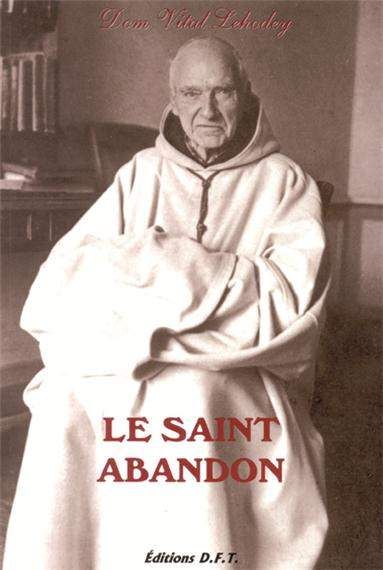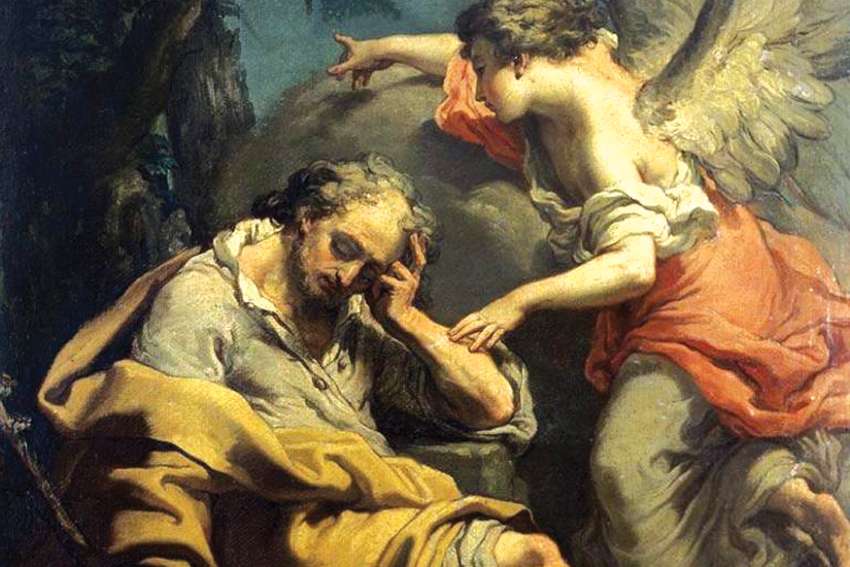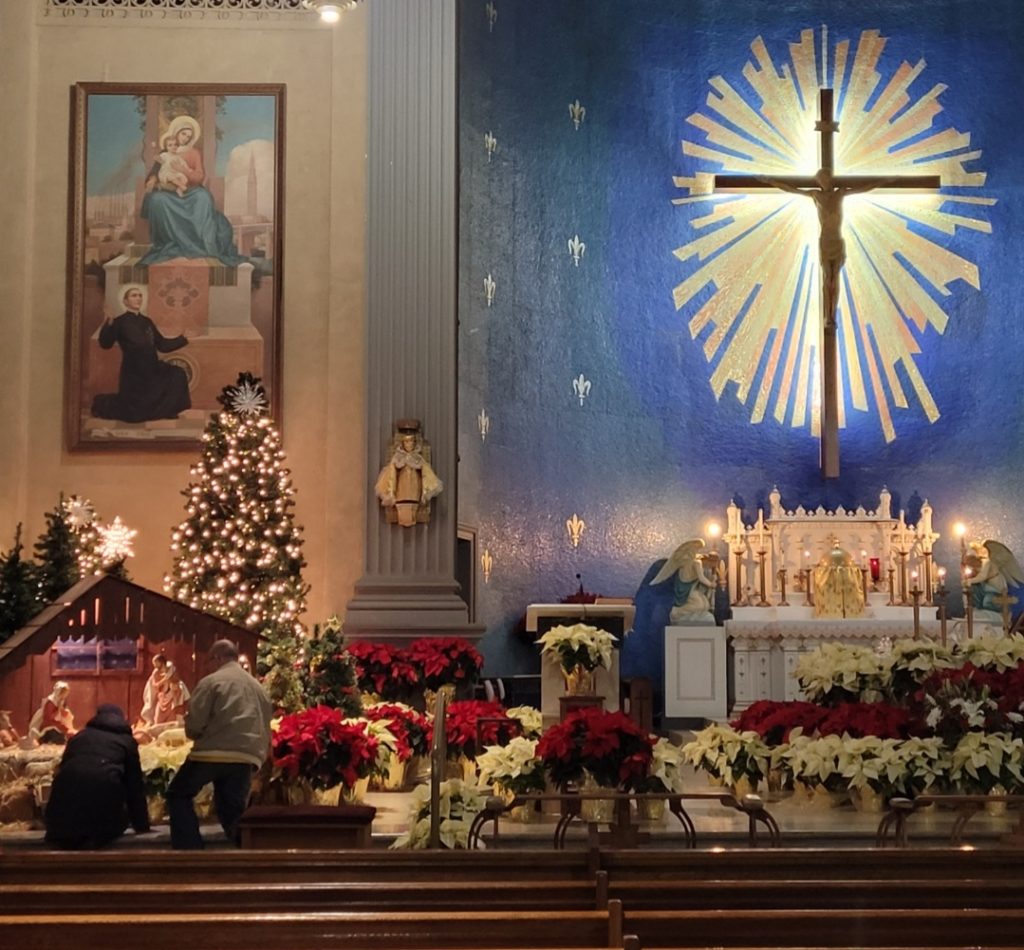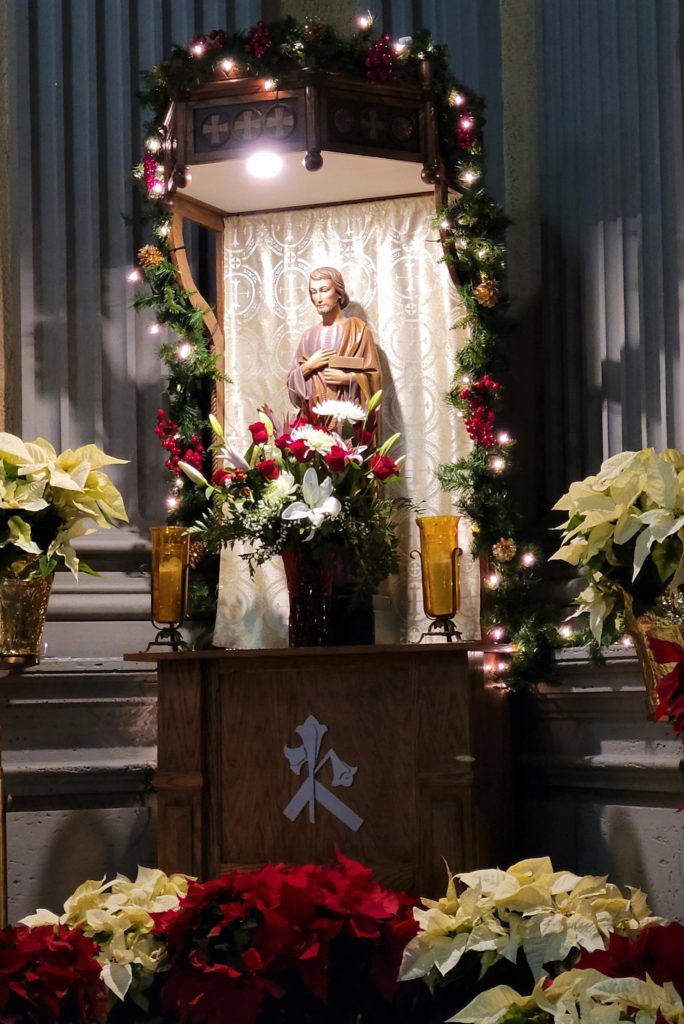As regards this road to union, entering on the road means leaving one’s own road; or better, moving on to the goal. And turning from one’s own mode implies entry into what has no mode; that is, God. people who reach this state no longer have any modes or methods, still less are they—nor can they be—attached to them. I am referring to modes of understanding, tasting, and feeling. Within themselves, though, they possess all methods, like one who though having nothing yet possesses all things [2 Cor 6:10]. By being courageous enough to pass beyond the interior and exterior limits of their own nature, they enter within supernatural bounds—bounds that have no mode, yet in substance possess all modes. To reach these supernatural bounds, souls must depart from their natural bounds and leave self far off in respect to their interior and exterior limits in order to mount from a low state to the highest.
Passing beyond all that is naturally and spiritually intelligible or comprehensible, souls ought to desire with all their might to attain what in this life is unknowable and unimaginable. And parting company with all they can or do taste and feel, temporally and spiritually, they must ardently long to acquire what surpasses all taste and feeling. To be empty and free for the achievement of this, they should by no means seize on what they receive spiritually or sensitively (as we shall explain in our particular discussion of this matter), but consider it of little import. The higher rank and esteem they give to all this knowledge, experience, and imagining (whether spiritual or not), the more they subtract from the Supreme Good and the more they delay in their journey toward Him. And the less they esteem what they can possess—however estimable it may be relative to the Supreme Good—the more they value and prize Him, and, consequently, the closer they come to Him. In this way, in obscurity, souls approach union swiftly by means of faith, which is also dark. And in this way faith gives them wondrous light. Obviously, if they should desire to see, they would be in darkness as regards God more quickly than if they opened their eyes to the blinding brightness of the sun.
St John of the Cross ‘The Ascent of Mount Carmel’







Recent Comments